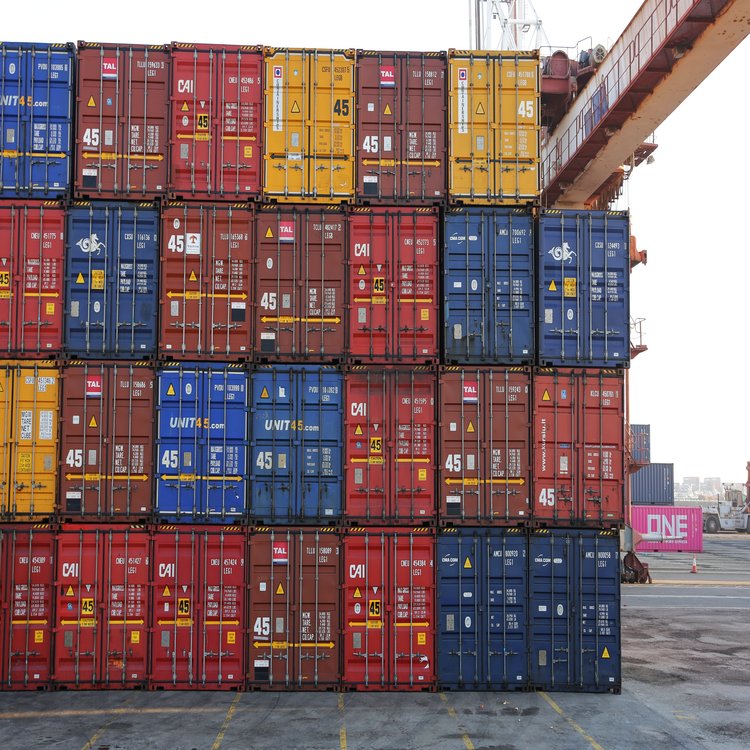Argentina’s Economic Challenges: IMF Bailouts, Trade Policies, and the Global Lessons of Protectionism

Argentina has faced recurring economic crises, leading to multiple interventions by the International Monetary Fund (IMF). Since joining the IMF in 1956, Argentina has entered 23 financial arrangements, making it the most frequent recipient of IMF assistance globally. The latest agreement, approved in April 2025, provides Argentina with a $20 billion loan to stabilise its economy amid soaring inflation and a depreciating currency.
Historical Trade Policies and Economic Impacts
Argentina's economic trajectory has been heavily shaped by its trade policies. In the mid-20th century, the country adopted Import Substitution Industrialisation (ISI), aiming to reduce dependency on foreign goods by promoting domestic industries. While ISI spurred industrial growth, it also created inefficiencies, entrenched protectionism, and diverted focus from the agricultural sector—where Argentina held a clear comparative advantage.
Over the decades, Argentina has oscillated between protectionist and market-oriented policies. In the 2010s, high tariffs and import restrictions aimed to shield domestic industries but instead led to trade disputes and economic inefficiencies. Even recent reforms, such as the temporary suspension of export taxes on soybeans, corn, and wheat in September 2025 to boost foreign currency reserves, were short-lived; the government reinstated the taxes after reaching a $7 billion export sales cap.
U.S. Support and China's Role in Soybean Trade
To support Argentina’s economic stabilisation, the United States extended significant financial assistance, including a $20 billion swap line, aimed at reinforcing President Javier Milei’s free-market reforms. Concurrently, China increased its purchases of Argentine soybeans, ordering approximately 1.3 million tons in September 2025, following the temporary suspension of export taxes. This strategic demand allows China to diversify its soybean sources amid ongoing trade tensions with the U.S.
Key Takeaway: Protectionism Doesn’t Work
Argentina’s recurring crises are a cautionary tale for the world: protectionism, while appealing in the short term, often leads to long-term economic harm. The country’s repeated reliance on import substitution, tariffs, and export controls demonstrates how inward-looking policies can:
- Provide short-term relief but cause long-term inefficiencies, higher consumer prices, and strained trade relations.
- Stifle innovation, as domestic industries shielded from global competition lack incentives to improve productivity or adopt new technologies.
- Fail to sustain growth, requiring repeated IMF interventions and foreign support to stabilise the economy.
Argentina literally has the “receipts” to prove it—decades of boom-and-bust cycles show that protectionist policies cannot substitute for structural reforms, fiscal discipline, and competitive integration into the global market.
Here’s the bigger picture: China is buying soybeans from Argentina instead of the United States. This isn’t just a one-off—it’s part of China’s strategy to diversify its soybean supply amid ongoing U.S.-China trade tensions. For Argentina, it’s a short-term win, bringing in foreign currency. For the U.S., it’s a subtle loss of market share—but there’s a twist. By supporting Argentina financially, the U.S. is also signalling validation for its own protectionist policies. Essentially, Washington is saying: ‘We can play both sides—help stabilise Argentina while justifying the tariffs and trade barriers back home.’ So, who’s really being played in this global trade game? China benefits from diversified supply, Argentina gets cash, and the U.S. gets political cover.
Conclusion
Argentina’s economic challenges are deeply rooted in historical trade policies and structural inefficiencies. While U.S. financial support and China’s demand for soybeans provide short-term relief, long-term stability will depend on comprehensive reforms that promote open markets, fiscal discipline, and institutional integrity. For the rest of the world, Argentina’s experience is a clear lesson: protectionism may promise security, but it consistently undermines sustainable prosperity.
Category | Details / Facts |
IMF Bailouts | Argentina has entered 23 IMF financial arrangements since 1956; latest bailout $20B in April 2025 for inflation and currency stabilisation |
Trade Policy: Historical | Adopted Import Substitution Industrialisation (ISI) mid-20th century; promoted domestic industries, neglected agriculture, led to inefficiencies |
Trade Policy: Recent | Temporary suspension of export taxes on soy, corn, wheat (Sept 2025) to boost reserves; reinstated after $7B export cap |
U.S. Support | $20B swap line to stabilise economy and support free-market reforms |
China Soybean Trade | 1.3M tons of soybeans purchased Sept 2025 after temporary tax suspension; diversifies supply away from U.S. |
Protectionism Impact | Recurrent economic crises, inefficiency, stalled innovation; short-term relief but long-term harm; repeated IMF interventions (23 times) |
Global Lesson | Protectionism fails; sustainable growth requires open markets, structural reforms, fiscal discipline |